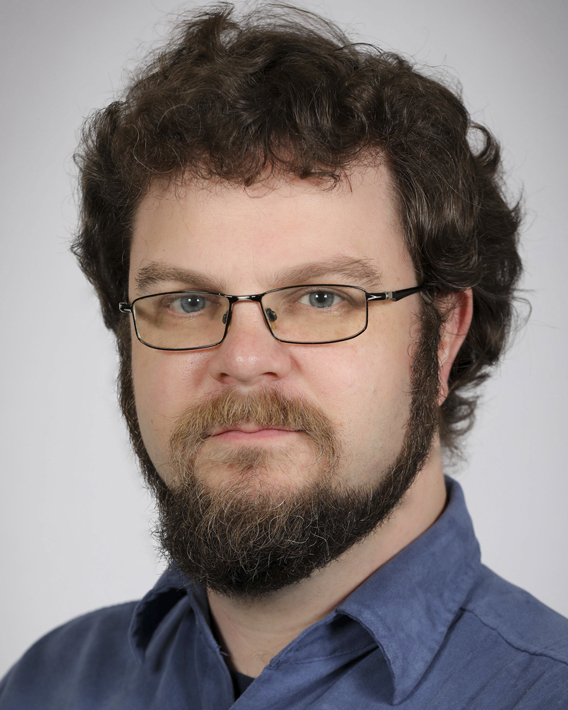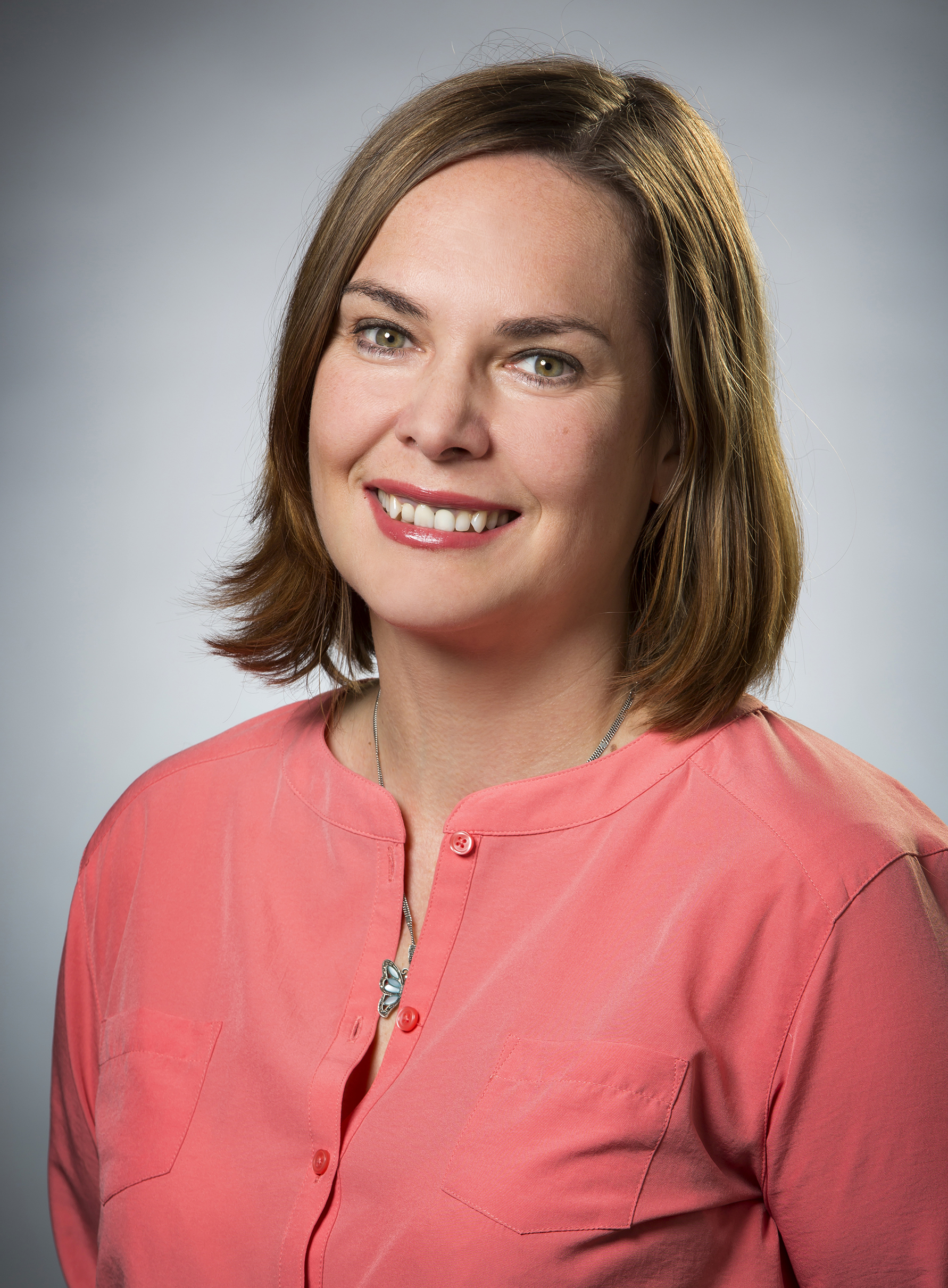Qirun Zhang
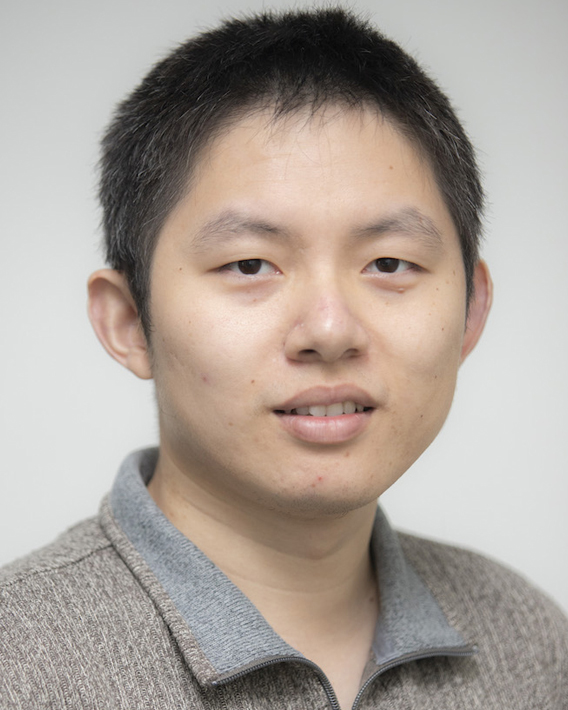

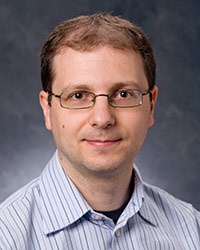
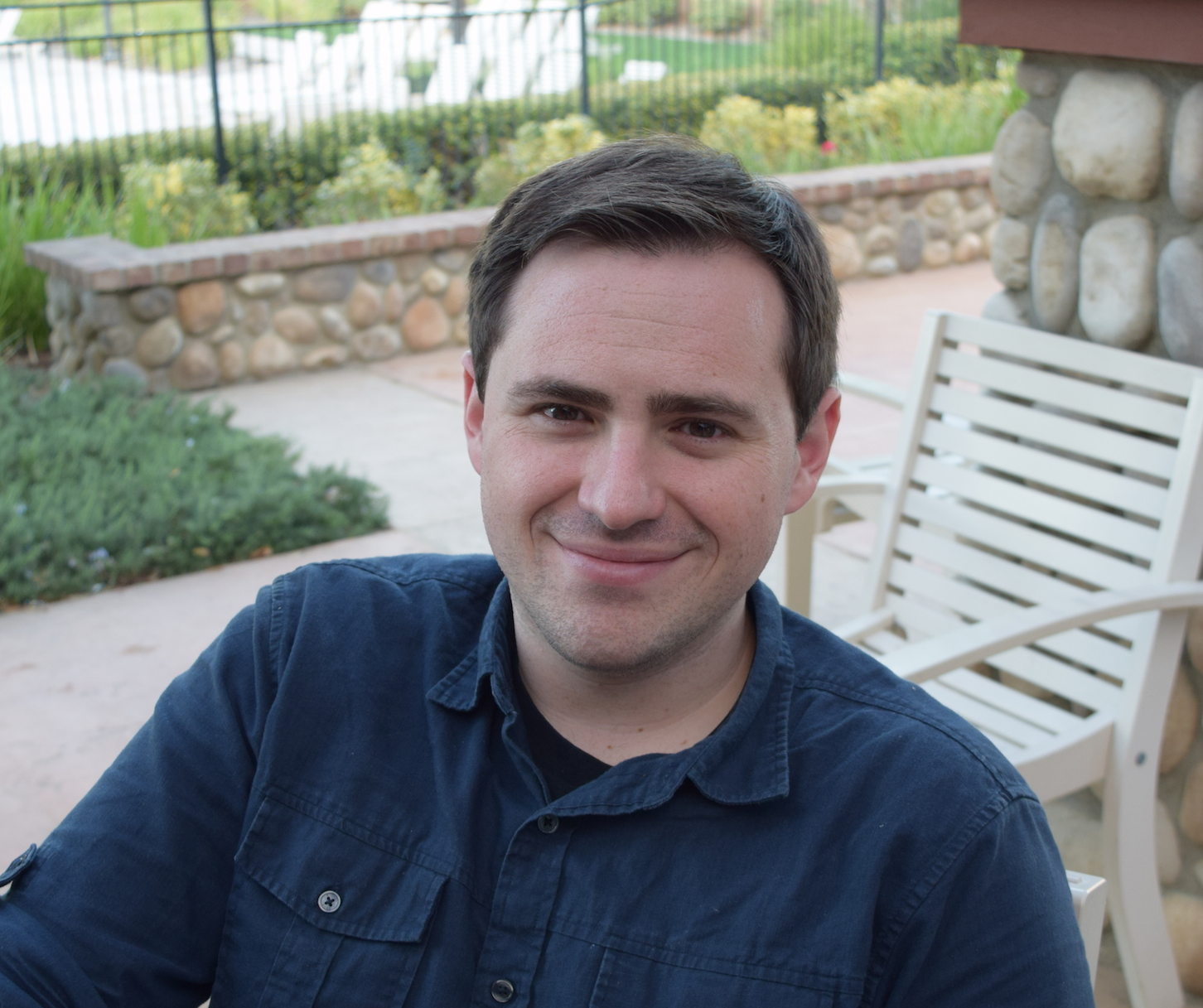
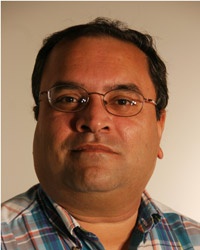
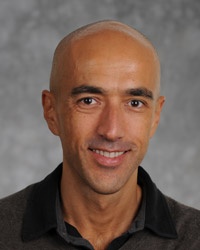
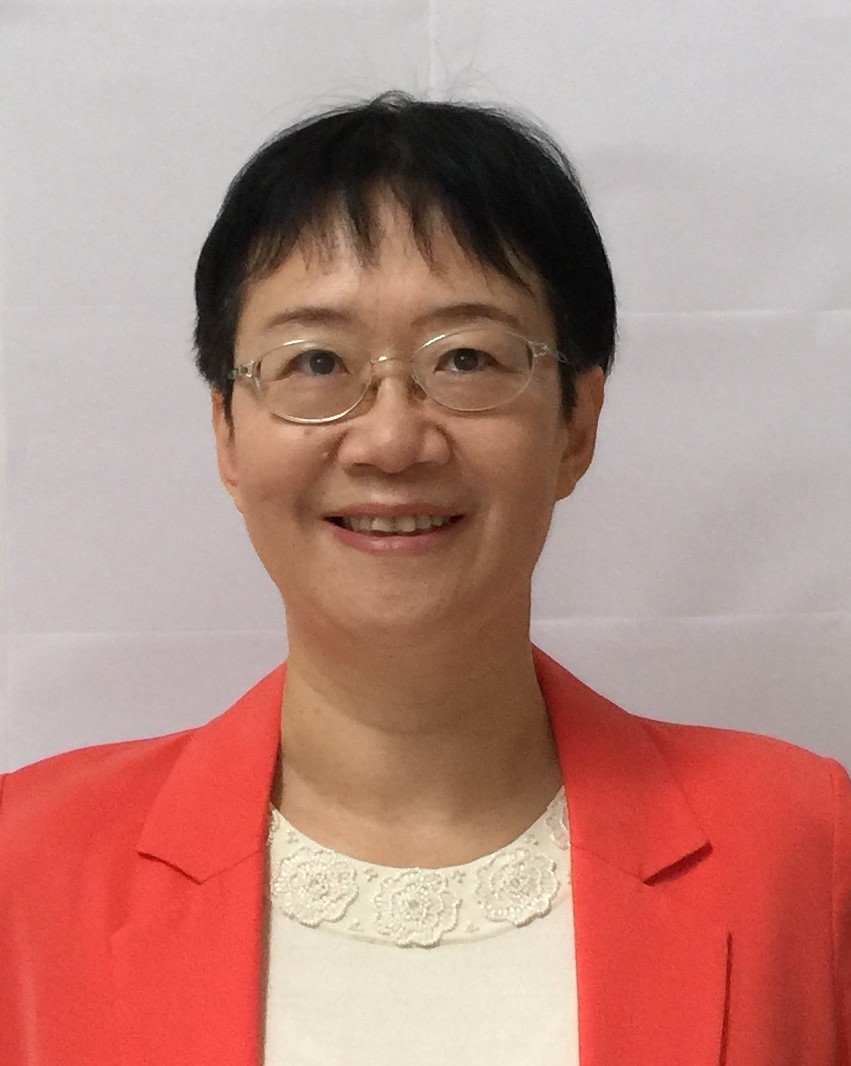


Taesoo Kim is Professor in the School of Computer Science, College of Computing at the Georgia Institute of Technology, which he joined in 2014 after completing his Ph.D. at the Massachusetts Institute of Technology. Kim is interested in building computing systems where underlying principles justify why it should be secure. Those principles include the design of the system, analysis of its implementation, and clear separation of trusted components. Kim seeks to develop tools that automatically identify which parts of an operating system have been affected, allowing a system administrator to recover from cyberattacks without excessive, manual effort. Since arriving at Georgia Tech, Kim has secured numerous reseach grants from the Office of Naval Research, the National Science Foundation, and Defense Advanced Research Projects Agency (DARPA), among others. He continues to earn numerous honors such as the 2015 Internet Defense Prize from USENIX and Facebook, and he competed as a finalist in the inaugural DARPA Cyber Grand Challenge with Team Disekt. Kim holds two bachelor’s degrees -- in Computer Science and in Electrical Engineering -- from the Korea Advanced Institute of Science & Technology (KAIST) and graduated summa cum laude. He earned a Master’s in Electrical Engineering and Computer Science from MIT under Nickolai Zeldovitch before continuing under the same adviosr in its Ph.D. program. Kim is affiliated with the Institute for Information Security & Privacy at Georgia Tech and contributed to its predecessor -- the Georgia Tech Information Security Center.
